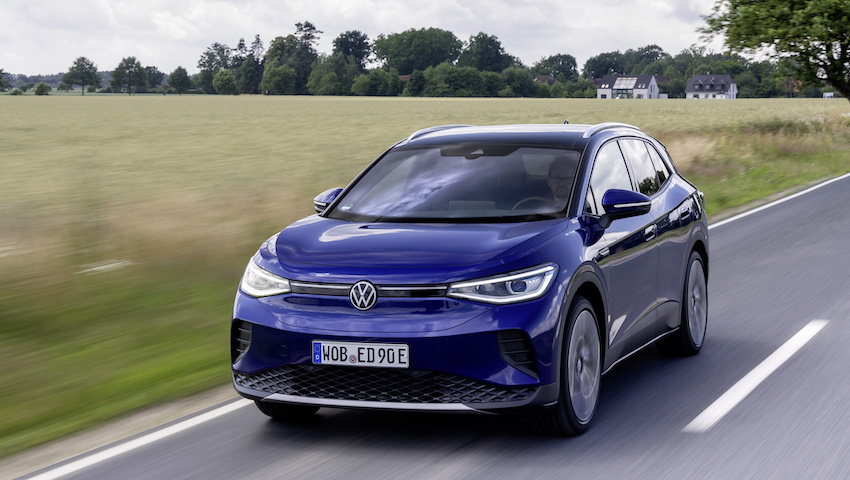
EVs 70% cheaper to run than ICE vehicles; Fuel crisis to end commuting?
One third of Brits will not be able to afford their commute if the cost of fuel keeps rising, Volkswagen Financial Services UK reports.
A new study by Volkswagen Financial Services UK (VWFS) has found that 32% of the nation will be priced out of driving to work if petrol and diesel prices continue increasing as they have done this year.
In contrast, Volkswagen Financial Services UK has revealed that average running costs for electric vehicles are approximately 70% of comparable petrol and diesel cars.
Using data from its online EV-4-Me quiz, designed for consumers to discover how an EV would fit into their lifestyle, the car finance company says that drivers can expect average annual running costs of £722 when behind the wheel of an electric vehicle.
This is a whopping £1,933 cheaper than a comparable petrol car (£2,655 annual cost) and a substantial £1,636 less expensive than a diesel car (£2,358 annual cost).
These yearly running costs incorporate fuel, servicing and Vehicle Excise Duty and equate to monthly savings of £160 and £136 for petrol and diesel drivers respectively.
Fuel prices have hit record highs in 2022, and despite prices starting to fall, the RAC said at the start of August that the average petrol price at the big four supermarkets – Tesco, Asda, Sainsbury’s and Morrisons – was £1.74 per litre. Diesel was £1.86.
Another aspect of the car finance provider’s study showed that 35% of Brits would consider changing jobs if it allowed them to saving on commuting costs, whilst a quarter (24%) would think about car sharing to get to work.
Furthermore, half of the nation (50%) feel it is acceptable to ask passengers for petrol money given the current economic climate, up from the 33% of people who thought it was acceptable to ask passengers for petrol money before the cost of living crisis.
Regionally, people living in the Midlands were most likely (37%) to ask passengers for petrol money before the cost of living crisis and they are still most likely to ask for fuel money in the current financial climate (53%).
The research also revealed that more than a third of respondents (36%) had cancelled social activities such as sports practice or catching up with friends, due to the rising cost of fuel.
Volkswagen Financial Services UK’s data insights team also found that in an average month, most people (30%) drive fewer than ten miles giving lifts to family, friends or colleagues. The next most popular segment was 10-50 miles (24%) while only 2% of respondents said they’d give lifts totaling 200 miles in a single month.
Mike Todd, CEO at Volkswagen Financial Services UK, said: “Rising fuel costs are a serious issue and as our research highlights, many people are already making lifestyle changes to negate the higher prices. Drivers looking for a quick fix might want to consider low emissions ICE vehicles to help reduce running costs, but the fact that some will not be able to afford to drive to work if prices keep increasing is the shocking reality of the situation. We know the cost of living crisis has tightened lots of people’s budgets, and bigger ticket items such a new car may still be a necessity for many, so our role as a finance provider is to help consumers with these affordability issues.
“This is why the transition to green travel is more important than ever and why electric cars are the future. These vehicles are far more sophisticated and more reliable than people realise, and in fact, are also far more affordable than people think. With World EV Day on the horizon I’d encourage anyone considering buying an EV to really do their research and book a test drive, as I am confident that you won’t be disappointed. At Volkswagen Financial Services UK we continue to develop propositions to assist customers make the transition to electric cars and practical tools like our EV-4-Me quiz are great ways of showcasing the savings that can be made by embracing greener and sustainable travel.”





